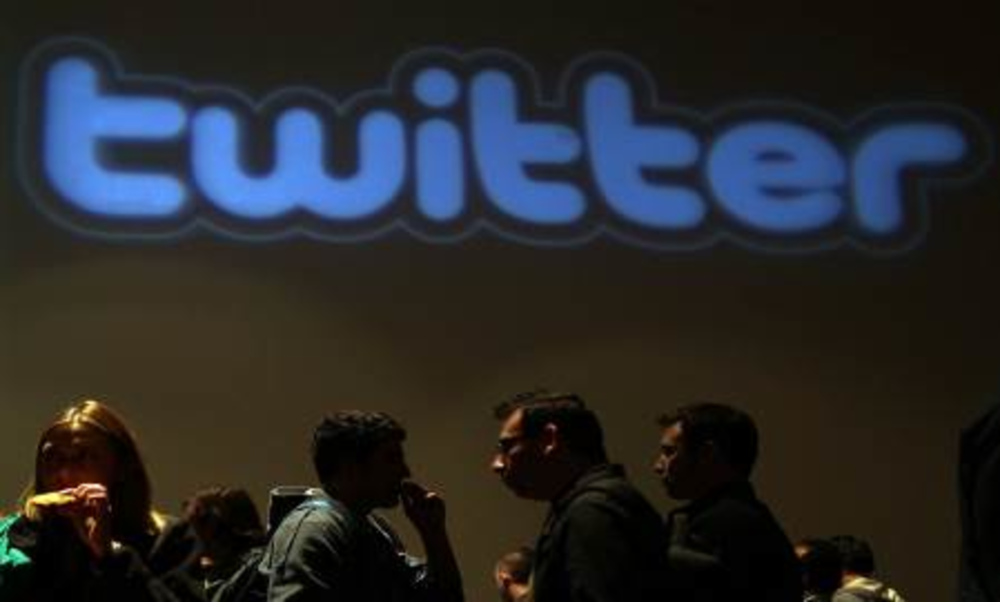After Twitter CFO Anthony Noto hinted that Twitter might start using a ranking algorithm for its user streams (ala Facebook,) users protested in droves. People complained that Twitter didn’t seem to understand why people loved Twitter, which was its democratic concept of showing everyone’s tweets to everyone.
Twitter doesn’t seem to understand why people like Twitter.
— Jamelle Bouie (@jbouie) September 4, 2014
Twitter wants to change the thing that makes Twitter Twitter. https://t.co/3WxTqou2gD
— Matt Pearce (@mattdpearce) September 4, 2014
For marketers especially, this wasn’t a welcome development. If Twitter starts showing its users only the best, most engaging content at the top of their feeds, that means marketers have no guarantee that their carefully crafted tweets will be seen by all their account followers. Much like Facebook, Twitter will now be yet another social network where organic reach goes to die.
The truth is organic reach on Twitter is already down. When so much content is being produced every second, the competition for impressions gets that much stiffer. If you try to show everyone’s tweets to everybody, then essentially nobody’s tweets get seen. This became depressingly apparent when Twitter made its analytics tool free for all its users, and everyone finally saw just how few of their followers were actually seeing their tweets.
Marketers also forget that Twitter is essentially a publishing and broadcasting network. Till now, brands had been fortunate enough to use it for free to build an audience. So they don’t exactly have a right to complain when a network they don’t own makes changes they don’t like. Fast Company Coexist Morgan Clendaniel perhaps put it best:
For-profit tech company that I use for free offends me by changing in a way that isn’t quite the way I like.
— Morgan Clendaniel (@MClendaniel) September 4, 2014
Ultimately, you can’t fault Twitter for making brands work harder (i.e. pay money) to reach the massive audiences that are present on its platform.
Regular Twitter users who aren’t marketers are legitimately worried that the content in their streams will be curated by programming bros out in San Francisco instead of the people they’ve carefully chosen to follow. However, this is already happening on Facebook, and no one seems to have a problem. In fact, people seem to appreciate receiving content that’s more relevant and muting the stuff that annoys them.
While Twitter will definitely have to balance its push for showing more engaging content and keeping its core user base happy, there’s no denying that the change is inevitable, and marketers would do best to accept it and adapt quickly.





